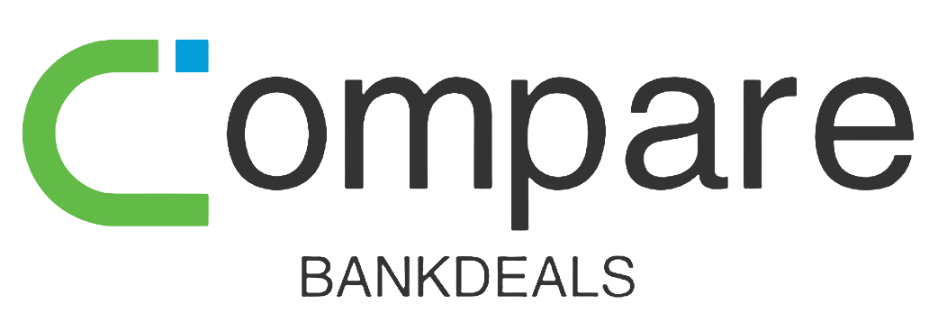When you’re starting a business, it is essential to have a handle on how much seed money you will need to get it off the ground. Typically, businesses need investments early on in order to position themselves for gains in the future.
Properly understanding the startup costs of your business will help you determine an accurate amount of investment capital and lending you’ll need to launch your new venture. It will also help you increase production at a rate that is beneficial to your business. Some businesses will need considerable investment for significant inventory or equipment costs; calculating startup costs allows businesses to account and plan for these early operational expenses.
Estimating your startup costs for the first six months to a year will give you a solid understanding of how much money is needed to capitalize your business before it becomes profitable. Always overestimate to make sure that you are fully prepared for all circumstances and have adequate cash on hand for any surprises.
There is no perfect way to account for everything you need to start a business, but writing down possible costs based on the advice below should go a long way to getting you started on the right foot.
Assets and Expenses
Account for all of your spending, assets and expenses. Assets include inventory or items that will be used in the long term. For example, an auto-repair shop would want to include machinery, office equipment, shelving or tools. Make sure you have an accurate estimate of what each asset will cost to purchase. And be sure to keep track of the age of your equipment, as asset depreciation can be deducted as a tax write-off.
Expenses are costs that do not provide ongoing utility to the operation of your business. These costs can include money spent for establishing an LLC, employee salaries or money paid for advertising. For tax purposes, computers and some office equipment can be included on this list if you choose to write them off. The IRS has a helpful guide to business expenses.
Decide whether you consider each expense as fixed or variable. You do not have the ability to change fixed expenses, such as rent or insurance costs. Variable expenses include those that are based on your sales, such as production or shipping costs, sales commission or the cost of raw materials; these may fluctuate depending on your business, the time of the year, etc. Without knowing the exact amount that your variable expenses will be, and because variable expenses can sometimes fluctuate wildly, your goal should be to keep these expenses down as much as possible.
Amortizable Costs
Amortization is similar to depreciation and allows you to deduct certain startup costs over a fixed period of time. If it’s a cost you paid before your business began, it may qualify as a startup cost. Startup costs include analysis of surveys, advertising costs, salaries and wages for employees in training, travel, or salaries and fees for executives or professional services.
For more about amortization, visit the IRS website.
One-Time vs. Ongoing Costs
You will want to consider whether each cost for your business will be a one-time expenditure or if you will need to account for it on a regular basis. Fees for registering your business, permits or licenses, and the purchasing of equipment like computers, phones or heavy machinery will be considered one-time costs. Fees for attorneys, accountants and other professionals can also be one-time expenses if you only use their services once.
Ongoing costs include the cost of inventory or utilities, rent, insurance, office supplies, interest payments on loans or maintenance. Salaries, payments or other expenditures on your employees should be considered here, including any benefits you plan to offer or payroll taxes you’ve paid.
Take into account any marketing and advertising costs, some of which will be one-time costs (like the creation of marketing materials) and others (like entertaining clients) that will be budgeted for on a regular basis. Whether advertising costs are considered one-time or ongoing will depend on your business.
Conclusion
If you are unsure of any of your estimates, make sure to do research on similar businesses. You can contact other business owners or a trade association for guidance. Or you can look at similar companies that are publicly traded, as they will have financial information readily available.
Correctly calculating your startup costs will allow your business to flourish by ensuring that you are properly capitalized for your first six months or year of operations. Don’t put yourself in a position where you are scrambling for cash and unable to focus on growing your business.



